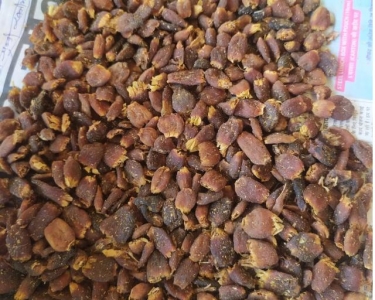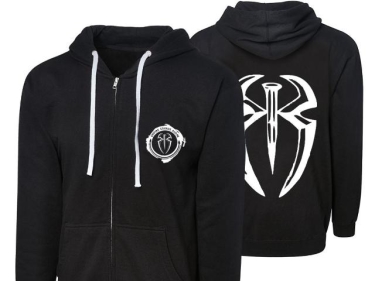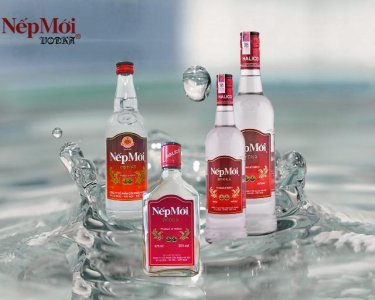Live animals
Couldn't find the product you want?
Fill out this form to request the product.
Products You May Like
Export from Kuwait
Kuwait is the world's 47th most complex economy and the 40th largest export economy. It is has a petroleum-based economy - crude petroleum, refined petroleum and petroleum gas being its main exports. Petroleum industry represents about 50 % of the Kuwait's GDP and it is the main source of the country's income. Other major industries include water desalination, shipping and financial services.
Kuwait has a well developed banking system - the National Bank of Kuwait is one of the largest banks of the Arab countries.
The agricultural sector represents only 1% of the country's economy and 8 % of the gross domestic product, due to the limited arable land and water reserves. The agricultural sector mainly produces fruit and vegetables for the internal consumption. Fishing is a large scale commercial industry, as the territorial waters are full of seafood.
Kuwait's major industrial sector remains the oil production. The country is the 10th larger oil producer and the 8th largest exporter of petroleum products. Other major exports are: organic chemicals, plastics, copper, furskins, electronic equipment, textiles. The main export partners are: South Korea, India, Japan, China, United States, Saudi Arabia, United Arab Emirates and Pakistan.
Import to Kuwait
The economy of Kuwait is a high income economy, the country having the 4th per capita income in the world, according to the World Bank. What is more Kuwait's currency is the world's most expensive currency unit.
The country's economy is relatively open to trade, Kuwait's first free-trade zone being inaugurated in 1999. Kuwait has a predominantly oil based economy, accounting for 6% of the world’s proven oil reserves. At present, one of the major objectives of the Kuwaiti government is the diversification of the economy and industrial sectors.
The country is the world's 62nd largest importer, the main imports being: cars, machinery, electronics, passenger and cargo ships, mechanical appliances, base metals, food products (vegetables, cereals, eggs, dairy), engines, cosmetics, paper. Kuwait's major import partners are: China, the USA, the UAE, South Korea and Japan.
Check Out Export Portal: A Site That Lets You Export Live Animals
If you are looking to buy and export animals, then you came to the right place! Export Portal's Live Animals Department is an online marketplace for sellers and buyers of any livestock. We work to contribute to the live export industry, which brings many economic advantages and other benefits to countries that rely heavily on livestock imports. In fact, in just Australia alone, this industry contributes roughly $1.8 billion to the country's GDP each year. Moreover, it also ensures food security while helping people meet their protein needs as well.
Finding the Right Animal
We feature a wide range of pigs, cows, sheep, goats, horses, rabbits and hares, turkeys, bees, and fish for sale. An increasing number of American, Australian, German, South African, Argentinian, and Italian farmers and companies are advertising their livestock with Export Portal, portraying just how effective and helpful our site is.
To help customers make more informed purchasing decisions, our site lets users narrow down their searches by the age, breed, and sex of the animal. If you are feeling hesitant to shop on our site and want more detailed information, make sure to check out our seller ratings and reviews, which are written by our buyers and customers. We also collaborate with hundreds of trusted international shipping companies that arrange the transport of all kinds of animals and birds to any country in the world.
Online Shopping is More Simple with Export Portal
Export Portal is an ideal site for everyone who is an avid online shopper. Our convenient options make it easy to find and buy whatever you are looking for. Our seller network from all over the world has everything you need, and our customer support team will make sure you can find it. Our wide assortment of products will be sure to provide you with the best shopping experience. Make sure to check out our site and items today!
Customs requirements of Kuwait
Kuwait Customs Contacts
Website: http://www.customs.gov.kw/
Address: M.B 16 Safat 13001 - Kuwait
Phone: (965) 24843490
Kuwait is a country situated in Western Asia, bordering Iraq and Saudi Arabia. Kuwait maintains strong international relations with most countries. It is a member of the World Bank, International Monetary Fund, WTO, General Agreement on Tariffs and Trade, African Development Bank, Arab Monetary Fund, Council of Arab Economic Unity and Group of 77.
Tariffs
A tax of 4% is applied on the c.i.f. value of all imports plus 1% of the goods value. Generally, the tax varies from 15 to 25% on all imported goods. The importer also will have to pay the transit duty, which constitutes 2% ad valorem.
Products such as agri-food goods, basic consumer products, most live animals, machinery, spare parts and all raw materials are free from customs duties.
On the contrary, goods such as ACR batteries, roofing felt, wooden and steel furniture, aluminium doors and windows, paint, are subject to a protective tariffs, which can vary up to 25%.
Products such as pork, alcohol, gambling machines and products of Israeli origin are prohibited.
Product licensing, labelling, packaging
Private imports require a license issued by the Ministry of Commerce and Industry, but most fresh food products do not need a license. The importer must present the import licence and the quality test certificate for the imported goods. The importer do not need an import license for each product and shipment, as an annual import license can be obtained.
Live animals and animal products being imported must have health certificates. Food products must be followed by a certificate proving that the goods do not contain cyclamate compound.
Labelling: the imported goods must be clearly labelled with the country of origin and food products should carry a label in Arabic. Outer containers must have a distinguishing mark containing: package number, cable address of the importing agent, country of origin. Outer packaging must contain a description of the product in Arabic, and a description in English is also permitted. The packing list should contain the following details: invoice number, marks and number, gross weight of total cargo, description and type of goods, statistical code of the goods, total package of each type, packing type of each type, total units and gross/net weight of each type. Products that cannot be labelled individually (such as fruits) may have a sticker attached or their packaging labelled instead. The information must form an integral part of the label (stick-on labels are not acceptable). Food labelling must include: the name of the product, the ingredients, the date of production, the expiry date, net and gross weights, country of origin.
Documents for import/export
-
Commercial invoice with all the specifications (1 original and 3 copies)
-
Pro-forma invoices
-
Certificate of origin (min. 3 copies)
-
Bill of lading/airway bill (2 originals)
-
Packing list
Note: the original commercial invoice, original certificate of origin and original packing list must be legalised by the Kuwait Embassy/Consulate and should be attested by the local chamber of commerce.
Sources:
http://kuwaitembassy.ca/pages/Economy/BusinessInKuwait/IMPORTINGINTOKUWAIT.htm





